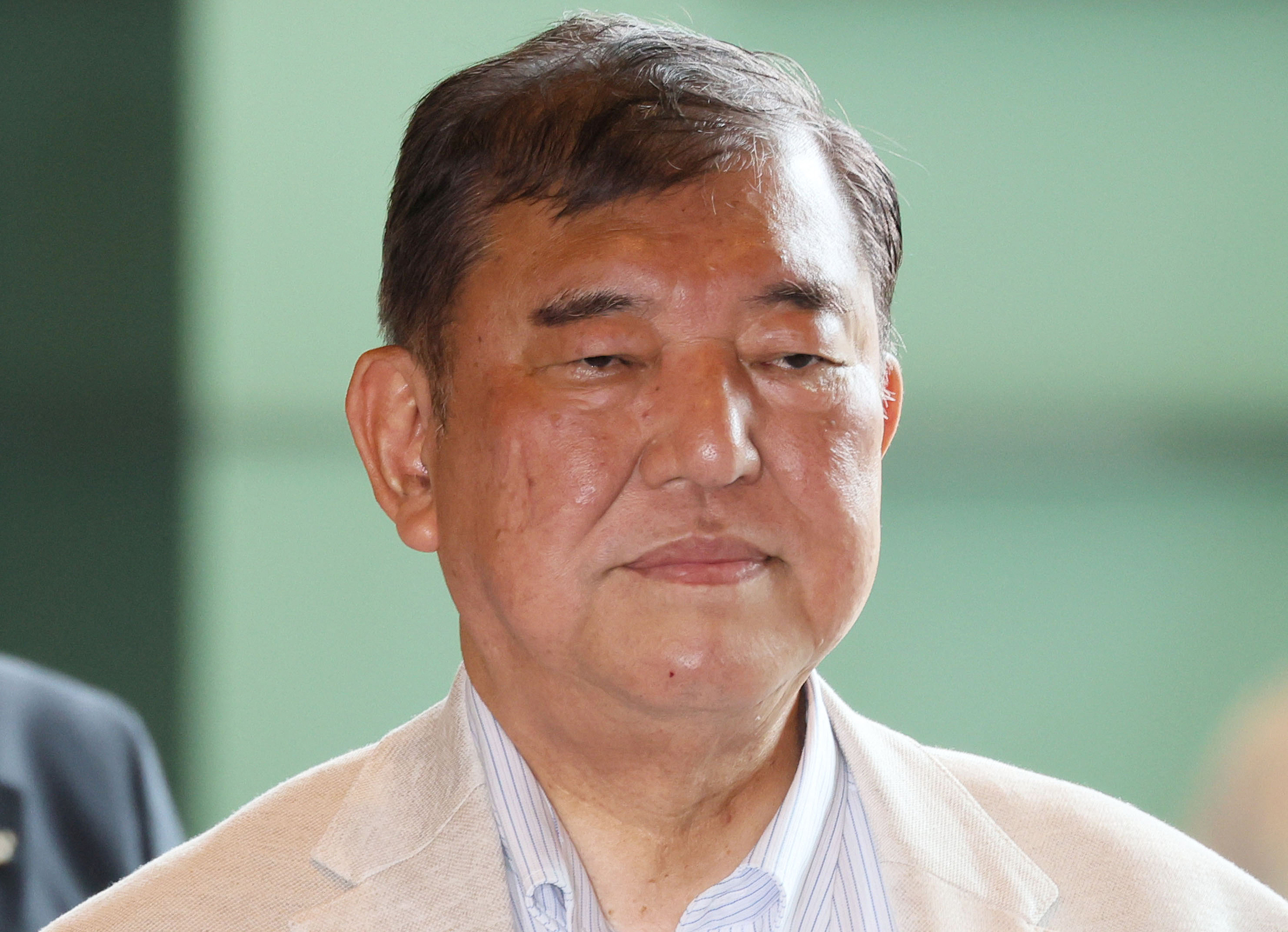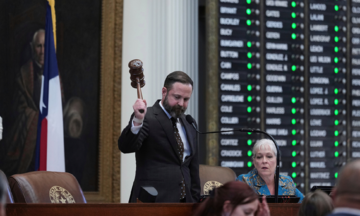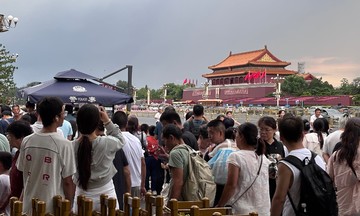Data released on 17/7 by Japan's Ministry of Internal Affairs revealed that rice prices between March and May increased by 92.5% to 101% year-on-year. This figure reached 99.2% in June.
Japan's core inflation rate decreased to 3.3% in June, down from 3.7% in May. The consumer price index rose to 3.4%, compared to 3.3% in the previous month.
Prime Minister Ishiba's approval rating has plummeted to its lowest point since he took office in 10/2024, fueled by public discontent over inflation, soaring rice prices, and scandals within the ruling party.
Ishiba's coalition lost its majority in the lower house of parliament in the October 2024 elections. This was the worst result in 15 years for the Liberal Democratic Party (LDP), which has held power almost continuously since 1955.
Polls ahead of the 20/7 election suggest the ruling coalition could lose its majority in the upper house, potentially forcing Ishiba to resign after less than a year in office.
 |
Japanese Prime Minister Shigeru Ishiba in Tokyo on 10/7. Photo: *AFP* |
The prime minister is also under pressure to secure a trade deal with the US before new 25% tariffs take effect on 1/8. These tariffs will heavily impact Japanese auto imports, along with steel and aluminum.
US President Donald Trump wants Japanese companies to increase production in the US and for Tokyo to purchase more American goods, particularly gas, oil, cars, and rice, to reduce the 70 billion USD trade deficit.
Ishiba has dispatched trade envoy Ryosei Akazawa to Washington seven times in an effort to reach an agreement. He is also scheduled to meet with US Treasury Secretary Scott Bessent on 18/7.
One factor contributing to Japan's rising rice prices is a shortage caused by a prolonged dry summer two years ago, which damaged crops nationwide. Experts indicate that some traders have been hoarding rice from that period to profit later.
The situation worsened last year when Japanese consumers began stockpiling rice following government warnings about a potential major earthquake. In February, the Japanese government took the rare step of releasing emergency rice reserves, a measure typically reserved for natural disasters.
Huyen Le (*AFP*)












